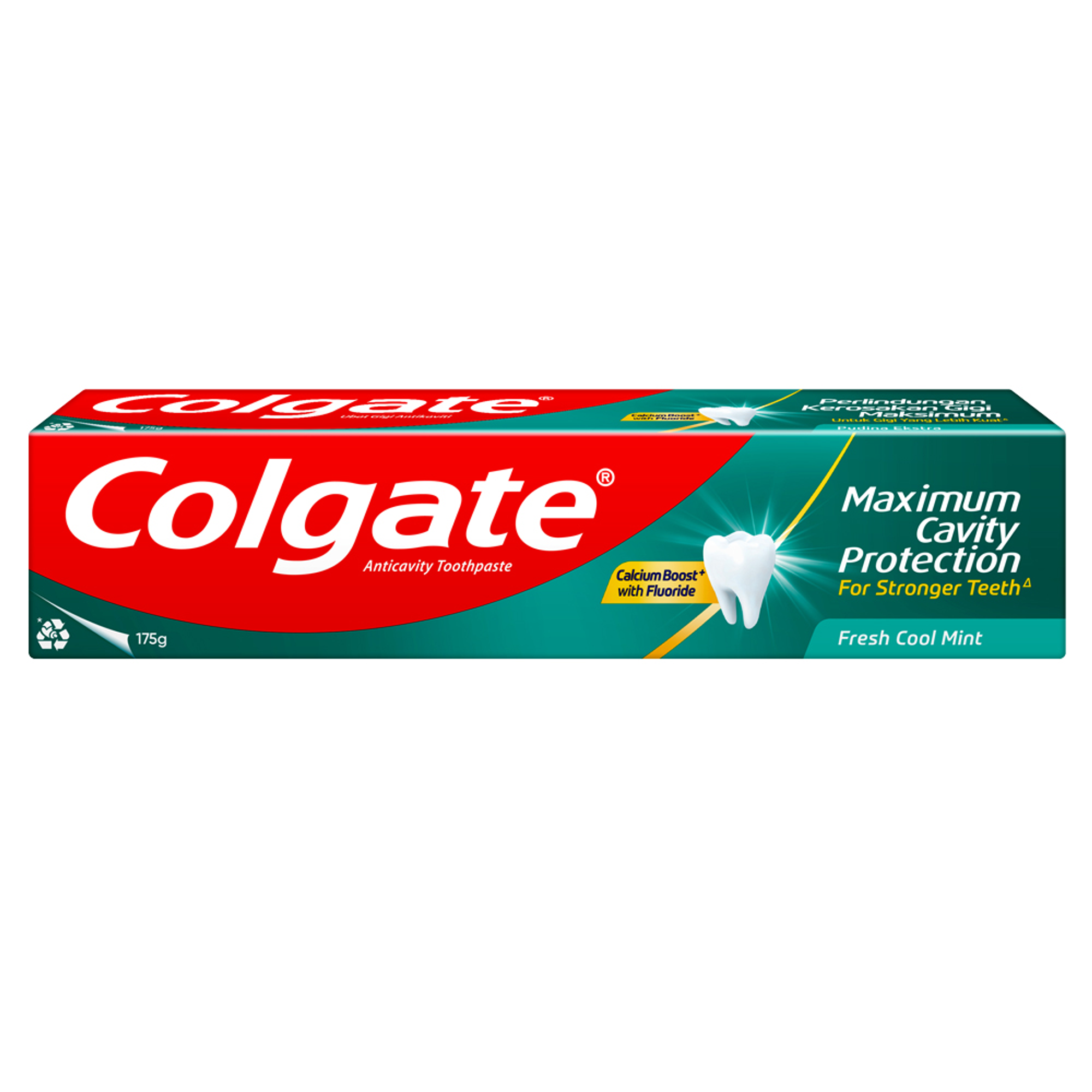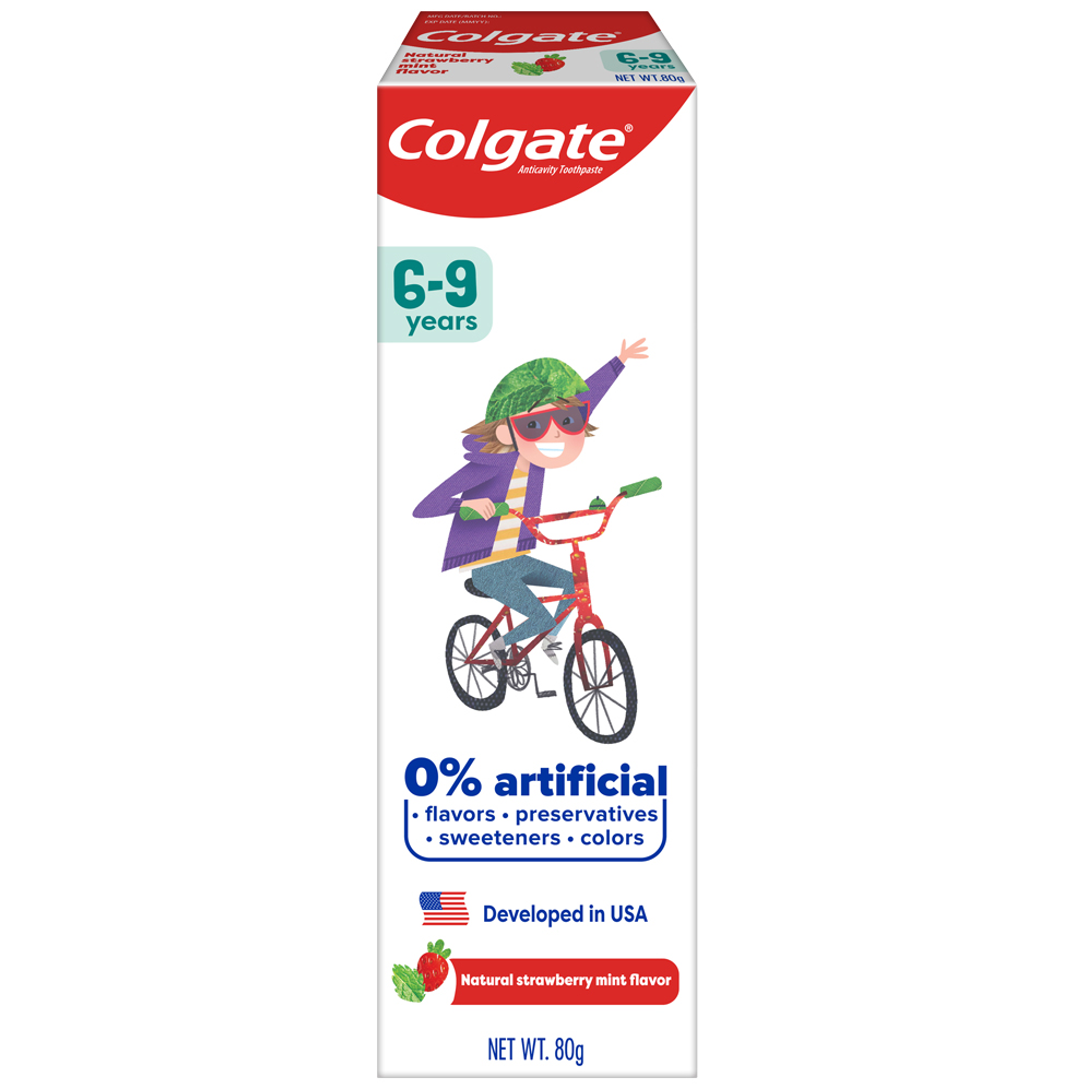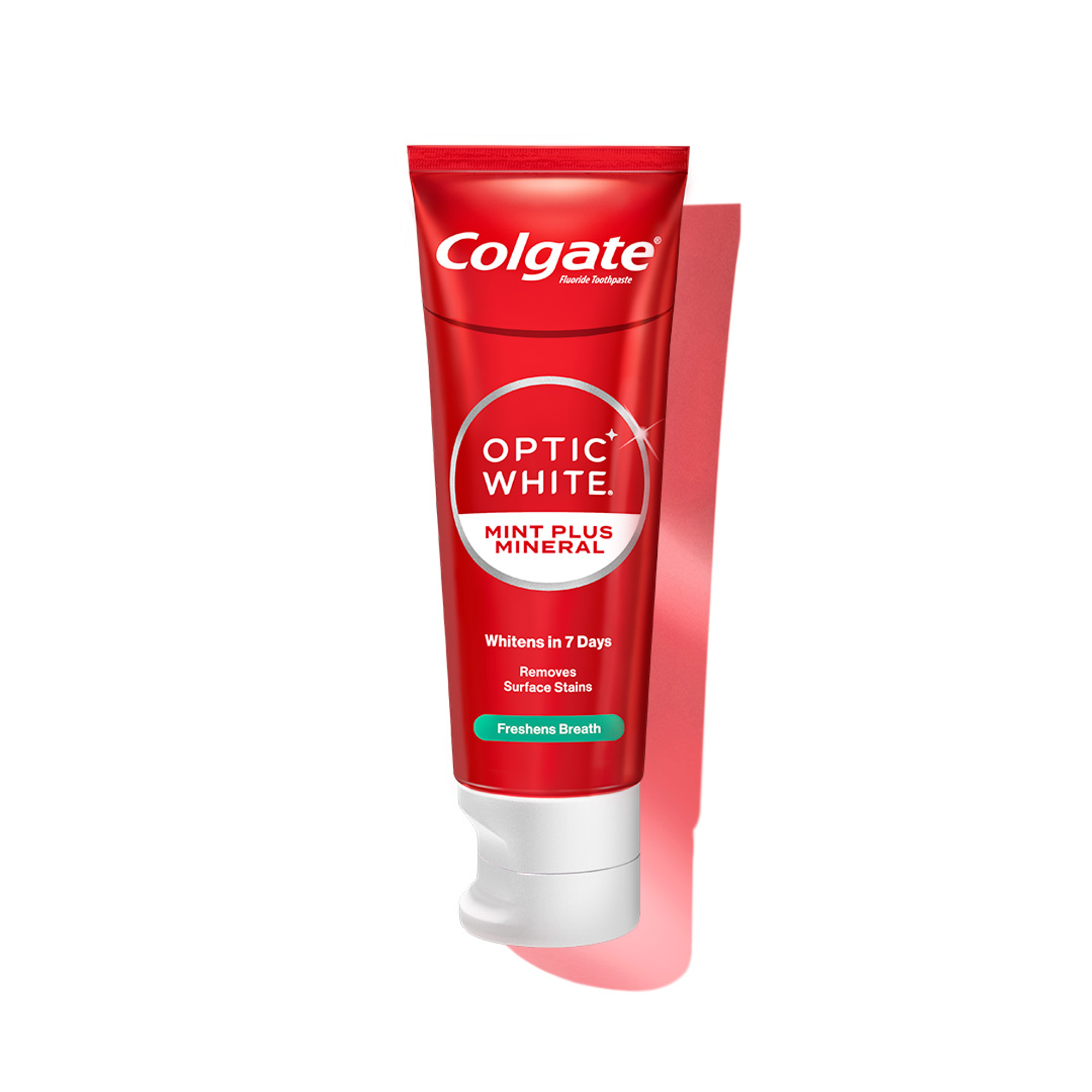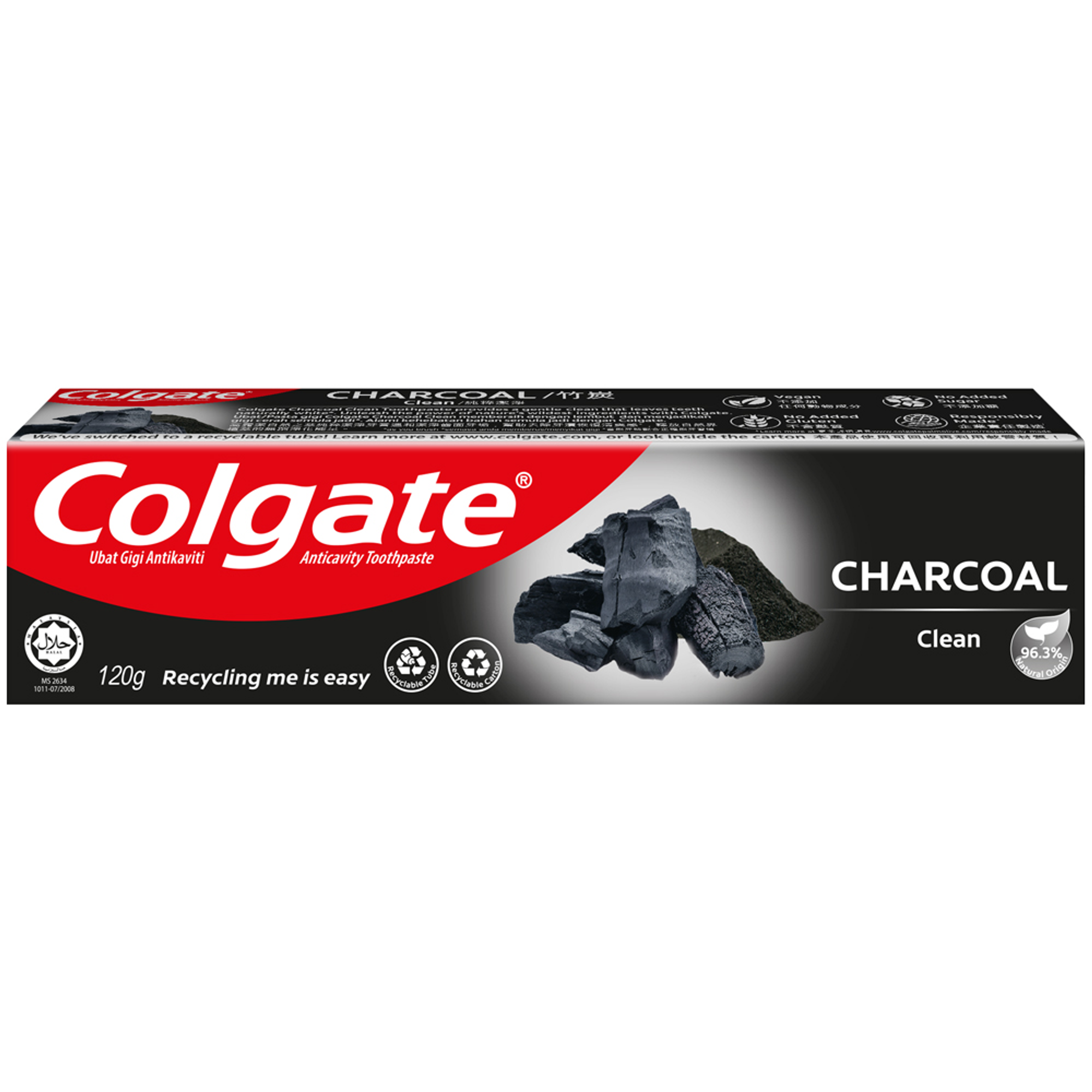- Oral Health and Dental Care | Colgate®
- Oral Health
- How Often Should You Clean Your Teeth?


Keeping your teeth clean goes a long way toward keeping them strong and healthy. So, how often should you clean your teeth? Well, that depends on the type of cleaning. Here are some good general guidelines to follow, but check with your dentist for his specific recommendations.
Brushing and Flossing at Home
You should clean your teeth at home with a soft-bristled brush two or three times each day. The brush that you use should comfortably fit the size and shape of your mouth, and should be replaced every few months. It is important to use short strokes back and forth to clean the outer surfaces, inner surfaces, and the chewing surfaces of all of your teeth. To clean in between your teeth, vertical brush strokes should be used while you are brushing. Flossing your teeth once a day will also remove any remaining food, plaque, and bacteria from in between your teeth.
At the Dentist
In addition to forming good daily brushing habits, it is also important to have your teeth professionally cleaned. Professional cleanings are done at your dentist's office by a dental professional. This type of cleaning can help remove hard deposits on your teeth that daily brushing cannot remove. It also helps prevent gum disease. You should have your teeth professionally cleaned twice each year if your teeth are healthy, and more often if you have specific health concerns that effect your oral health.
Your dental professional can help you determine the best answer to the question, "How often should you clean your teeth?" Talk to them about how often you need professional cleanings based on your specific oral hygiene needs. Learn more about oral hygiene in the Colgate Oral Care resources.
Related Products

Helping dental professionals
More professionals across the world trust Colgate. Find resources, products, and information to give your patients a healthier future













